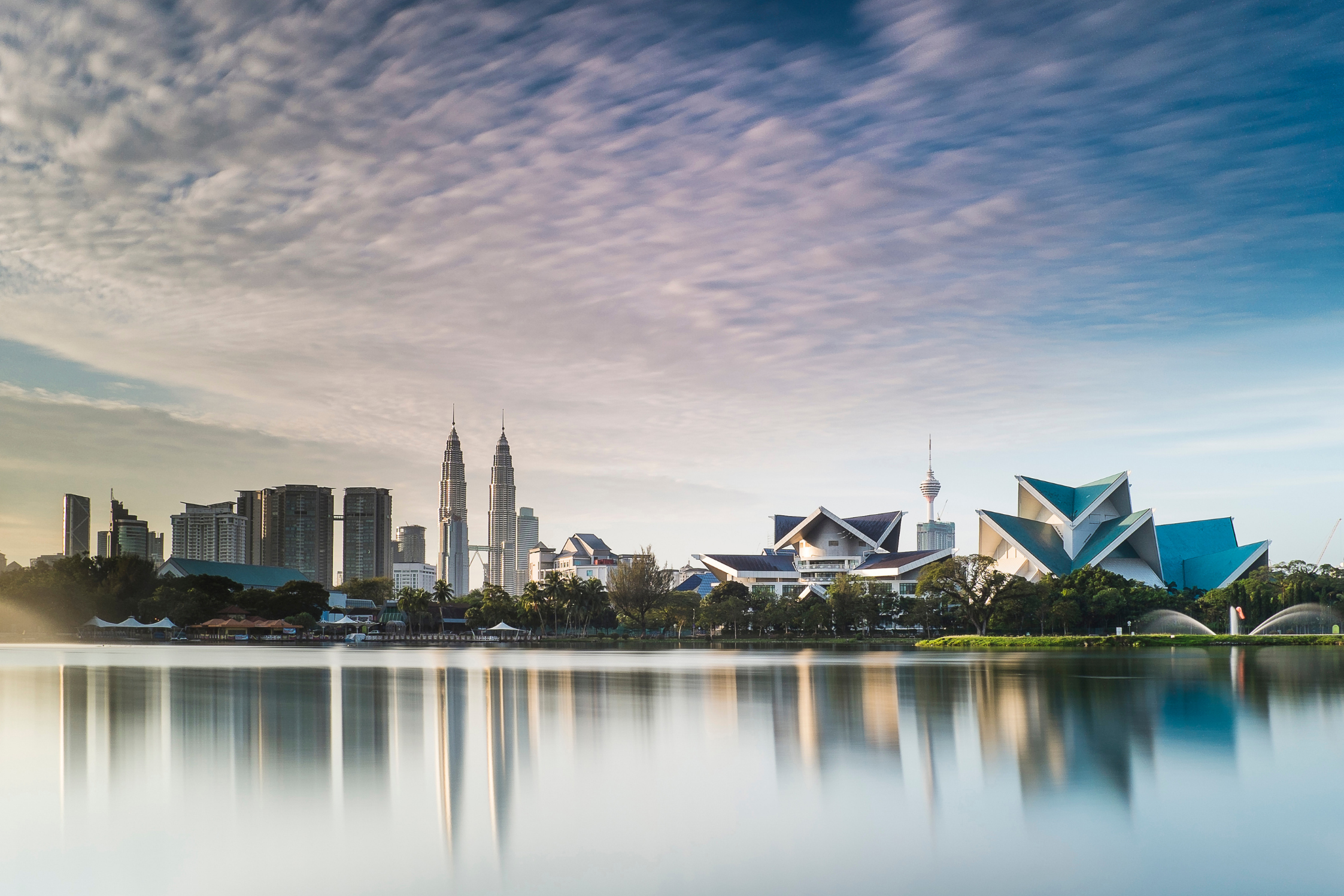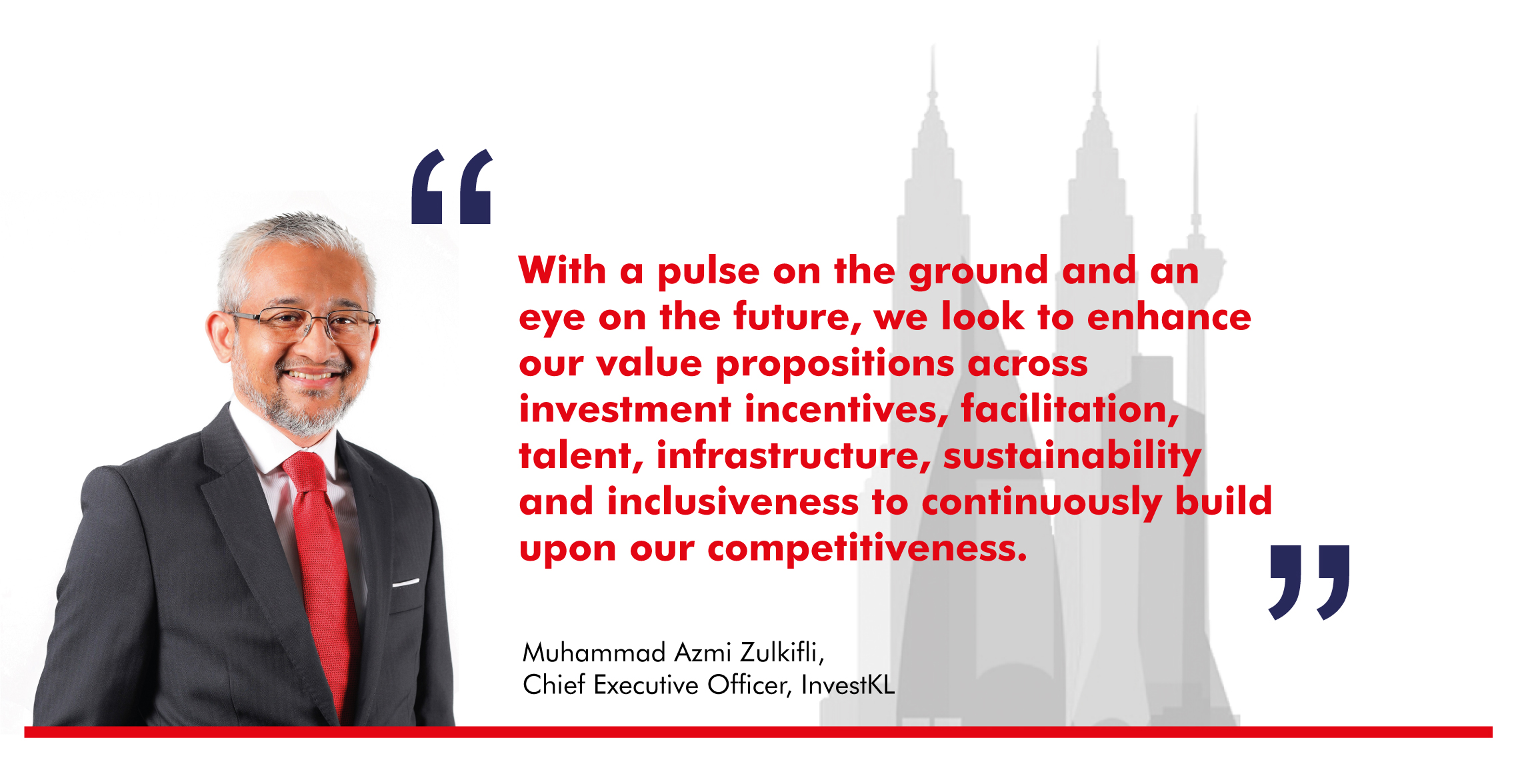CONTENT FROM INVESTKL
Look out your window as you fly across Malaysia and you will be struck by the sight of a vast and ancient sea of green forest stretching from horizon to horizon.
The forests, mangroves and mountains of Malaysia not only host spectacular scenery but are home to a dizzying array of flora and fauna and teeming biodiversity, as well as a wealth of natural resources.
The challenge for Malaysia has been how to develop its natural and human resources to drive growth whilst protecting the lush rainforests for future generations, and ensuring universal economic benefit.
This challenge has been at the forefront of successive government efforts, since the 1970s, to marry economic progress with sustainability, diversity and inclusivity.
And it has culminated todate in Malaysia’s signatory to the UN’s 2030 Agenda for Sustainable Development Goals (SDGs), and commitment to achieving international Economic Sustainability Goals (ESGs).
These goals are manifested in a number of policies, most notably in the Shared Prosperity Vision (SPV) 2030, designed to steer the nation through its next stage of economic and social transformation.
These latter day policies have refocused Malaysia’s attention on the so-called Bottom 40 – the 40% of the population who are on the lowest rungs of the economic ladder.
Concerted efforts to include the Bottom 40 in Malaysia’s economic progress are paying dividends as they gain greater access to education, skills training, better paying jobs, and affordable housing.
The efforts are also necessary if Malaysia is to achieve its ambition of transitioning from a middle to high income country in the near future.

Diversity and Inclusion Fuel Growth
The county’s focus on diversity and inclusive economic development is also evident through various infrastructure projects, the pivoting of key manufacturing and service sectors, and the attraction to Malaysia’s business zones of high-value, high-impact MNCs.
Crucially, it is these MNC’s, whose own sustainable and diversity goals align with those of Malaysia, that are helping the country cement its sustainability and inclusivity credentials.
For example, ABB, the pioneering technology leader in robotics and advanced digital services, has opened its first Robotics Digital Operations Center in Greater Kuala Lumpur.
ABB’s decision to set up in the city was driven by Malaysia’s advances in implementing Industry 4.0 Technologies such as cloud computing and big data analytics, along with access to a highly skilled and diverse workforce to support operations across ASEAN and as far away as Taiwan and India.
High value MNCs in the technology, innovation or knowledge-intensive space are taking advantage of opportunities to work with local players through Greater KL’s Live Lab collaboration platform, forging better regional links, accelerating digital adoption and improving inclusivity.
Companies like ABB are also helping drive economic progress for the nation together creating 14,111 new jobs in 202010.
They have been assisted in no small part by programmes such as the government’s Fit4Work programme designed to attract and nurture local talent and matching these future-ready candidates with the right global MNC.
These programmes seek to ensure that both MNCs and the local business ecosystem benefit from collaboration, and access to Malaysia’s highly educated, skilled and multilingual workforce.
The resultant progress in competitiveness has been recognized by the Institute of Management Development (IMD) which has Malaysia rising two places in 2021 to 25th in its World Competitiveness Rankings.

The Right Mix
On your approach to Kuala Lumpur International Airport (KLIA) you might be lucky enough to catch sight of the city of Greater KL.
It sits comfortably in its natural environment, between green rolling hills and the busy Malacca Straits, and is a place where tradition and cultural diversity meet progress and inclusivity.
Kuala Lumpur, as it turns out, is one of the world’s most livable cities with an enviable quality of life – ranking first in ASEAN for lowest cost of living .
The city boasts international amenities, a world class health system, and inexpensive and extensive telecommunications network.
It is no surprise then that the Malaysian capital is listed as one of the top five most visited cities in the world, according to Euromonitor International in 2018.
MNCs who locate their operations in Greater KL find it easier to do business here, than in say close ASEAN neighbors or global competitors, because of access to talent and high quality of life as well as the city’s well-developed transport and digital infrastructure.
The country’s holistic approach to economic development is recognised by international bodies such as the World Bank who now rank Malaysia 12th in the world in their 2020 Ease of Doing Business report.
The enhanced regional competitiveness conferred on the economy through consistently implementing plans such as the SPV 2030 to address economic inequalities whilst working towards sustainable development looks set to continue Malaysia’s decades of rapid and inclusive growth well into the future.
- The 100 Most Influential People of 2024
- The Revolution of Yulia Navalnaya
- 6 Compliments That Land Every Time
- What's the Deal With the Bitcoin Halving?
- If You're Dating Right Now, You're Brave: Column
- The AI That Could Heal a Divided Internet
- Fallout Is a Brilliant Model for the Future of Video Game Adaptations
- Want Weekly Recs on What to Watch, Read, and More? Sign Up for Worth Your Time